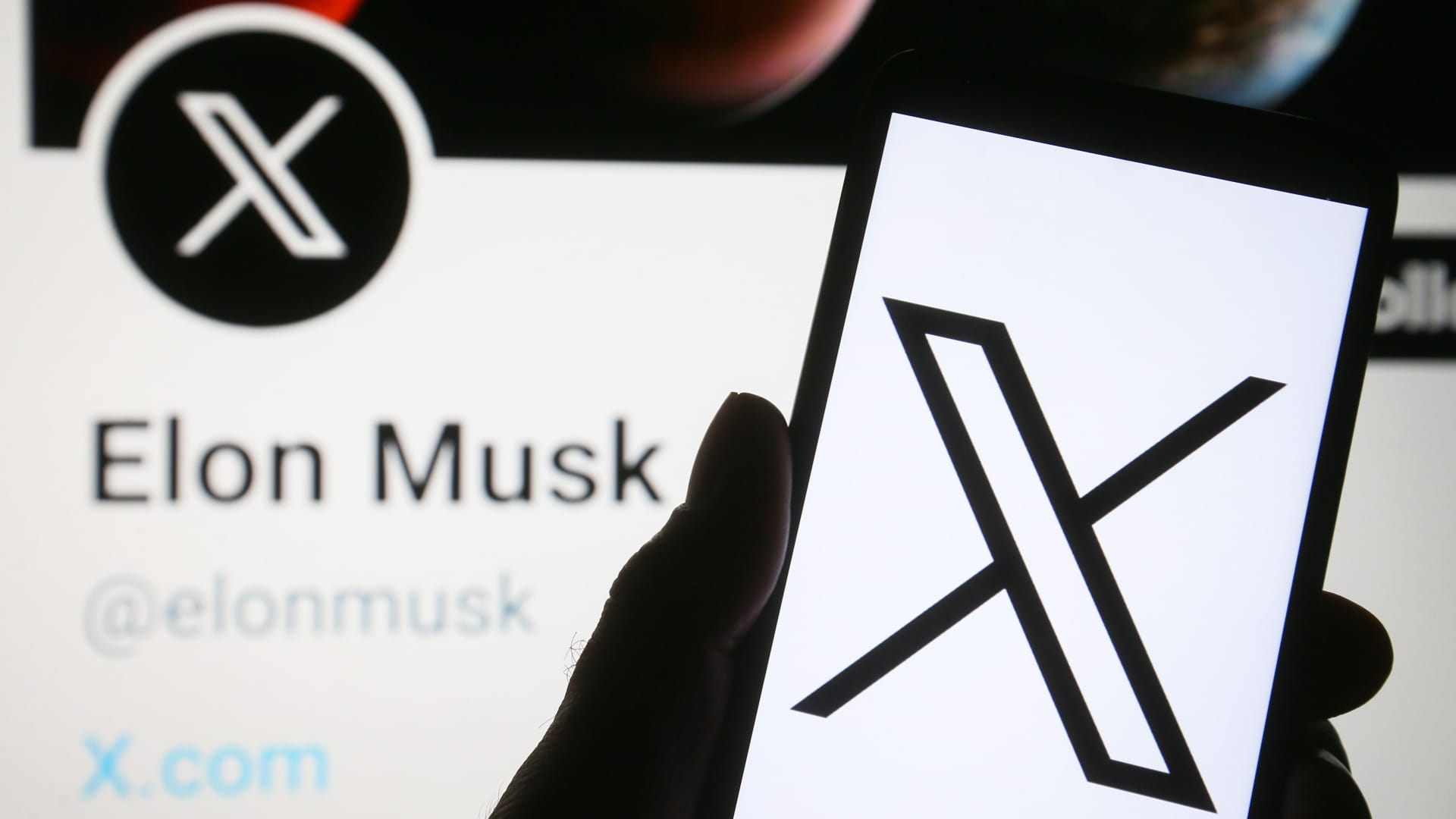In a visually engaging photo illustration, the popular social network Twitter has undergone a branding transformation and is now known as X (X Corp.). The rebranded logo of X is displayed on a smartphone, while Elon Musk’s Twitter account features the new X logo on a PC screen.
Photo by Pavlo Gonchar | Lightrocket | Getty Images
X, the social network formerly known as Twitter, is currently facing a staggering 2,200 arbitration cases from ex-employees. These cases were filed after Elon Musk assumed control of the company and implemented significant changes, including employee layoffs. The sheer number of cases could lead to filing fees amounting to $3.5 million.
The details of these arbitration cases were made public through a new filing in a Delaware district court as part of the lawsuit filed by Chris Woodfield against Twitter, X Corp., and Elon Musk (No. 1:23-cv-780-CFC).
Woodfield, a former senior staff network engineer based in Twitter’s Seattle office, alleges that Musk’s Twitter, now known as X, failed to fulfill its promise of severance payment and also caused delays in the resolution of the dispute by neglecting to cover the necessary fees for JAMS arbitration.
According to the fee structure on the JAMS website, the filing fee for two-party matters is $2,000, while matters related to employment agreements only require a payment of $400 from the employee.
If JAMS determines that the basic fee applies to all 2,200 arbitration cases involving X, the total cost could reach approximately $3.5 million, with additional fees potentially incurred.
The legal team representing the company argues that X did not compel employees to seek arbitration as the sole means of resolution, thereby aiming to avoid responsibility for the majority of the filing fees.
Meanwhile, Woodfield and others in a similar situation are endeavoring to have their cases transferred from arbitration to trial, seeking to bypass the secretive nature of the arbitration process and make their cases part of the public record.
Arbitration agreements are commonly enforced by many large corporations as a condition of employment, wherever legally permissible. To have the freedom to voice their grievances openly in court, workers must first seek an exemption from a judge.
Critics argue that arbitration perpetuates an opaque system, making it challenging for employees and prospective hires to discern a company’s treatment of its workforce and the outcomes of related cases. On the other hand, proponents contend that arbitration offers an efficient resolution method for businesses and employees, sparing employees from exorbitant attorney fees, particularly in the event of an unfavorable ruling.
The Woodfield case against Musk’s X Corp. echoes another proposed class action filed in a federal court in San Francisco. The case, Ma v. Twitter, in the Northern District of California (No. 3:23-cv-3301), consists of former Twitter employees during Musk’s tenure who allege that the company impeded at least 891 arbitration cases by neglecting to pay mandatory filing fees after compelling employees to agree to arbitration terms in exchange for severance.
Denial of responsibility! VigourTimes is an automatic aggregator of Global media. In each content, the hyperlink to the primary source is specified. All trademarks belong to their rightful owners, and all materials to their authors. For any complaint, please reach us at – [email protected]. We will take necessary action within 24 hours.


